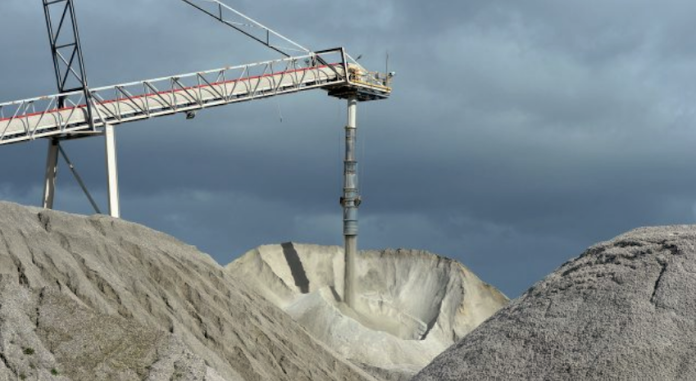Federal deputies approved modifications to mining, water and environmental laws in a lengthy legislative session that concluded early Friday.
A reduction in the initial length of mining concessions from 50 years to 30 years is the most notable proposed change in the reform package, which was adapted from more ambitious legislation put forward by President López Obrador last month.
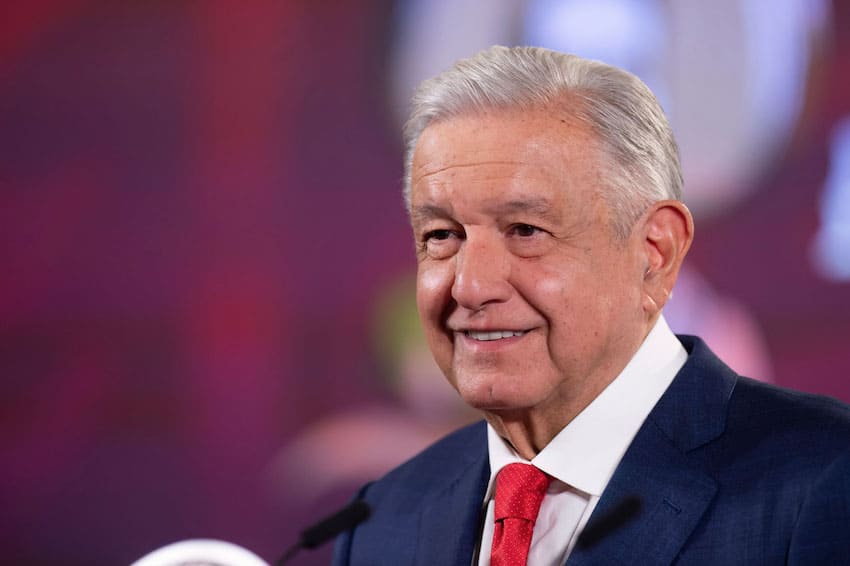
With the support of lawmakers from the ruling Morena party and its allies, modifications to the Mining Law, National Waters Law, Ecological Equilibrium and Environmental Protection Law and the Law for the Prevention and Comprehensive Management of Waste passed the Chamber of Deputies at the end of a five-hour session that began Thursday night. The proposed reforms will now be considered by the Senate.
While no new mining concessions have been issued since President López Obrador took office in late 2018, those granted under current laws are valid for 50 years and can be extended for an additional 50 years.
Under the new proposal, mining concessions would be initially valid for 30 years and could be extended by another 25 years. A subsequent 25-year extension would be possible, but the concession holder would have to participate in a tendering process against other interested parties.
López Obrador, who has repeatedly criticized previous governments for issuing mining concessions across large tracts of land, had proposed limiting concessions to just 15 years with an extendable period of the same length.
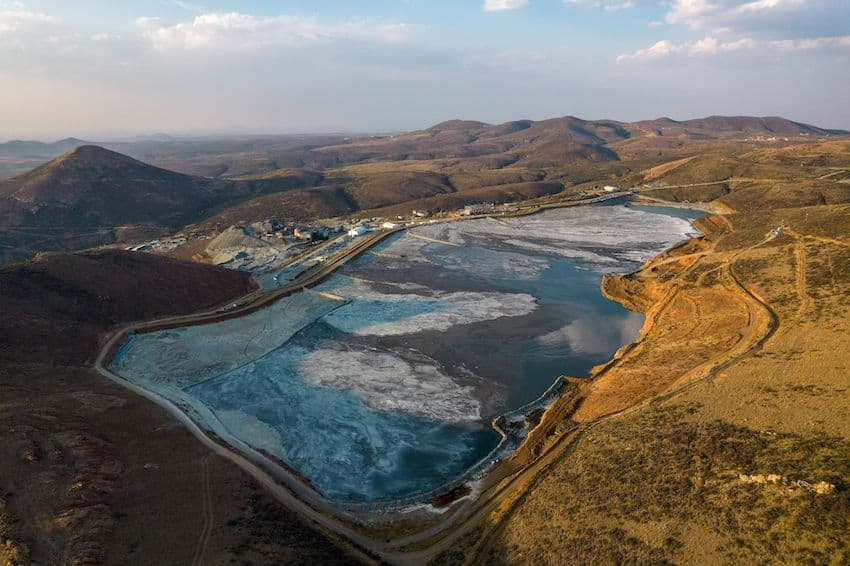
A majority of deputies also voted in favor of making public tenders mandatory before the issuance of new mining concessions and obliging mining companies to give at least 10% of their profits to the communities in which they operate.
If the legislation passes the Senate — where Morena and its allies also have a majority — concessions won’t be able to be granted until local Indigenous people have been consulted, at the expense of the companies seeking permission to mine in Mexico, and cancellation of concessions due to environmental damage and breaches of laws will be easier.
The reform package also seeks to oblige mining companies to be more transparent. In addition, it aims to protect natural reserves and water sources from direct and indirect damage from mining.
Joaquín Zebadúa, a Morena deputy from Chiapas, said that previous governments granted over 1,600 mining concessions in natural protected areas. He also denounced mining companies for evading taxes.
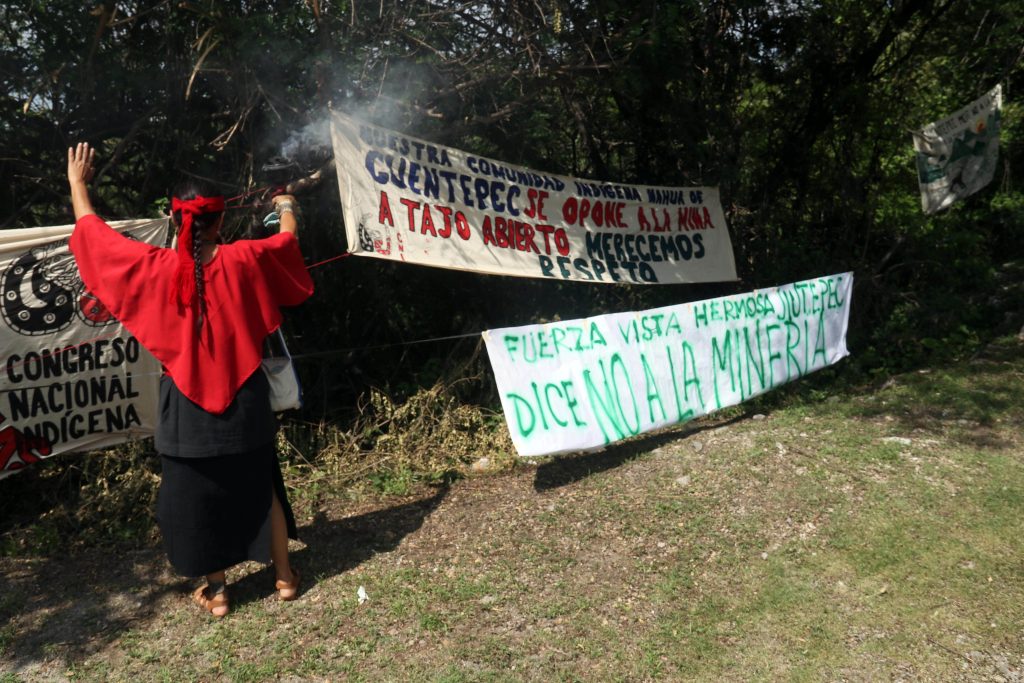
Raquel Bonilla, a Morena deputy from Veracruz, said that the aim of the reform package is to avoid the overexploitation of Mexico’s mineral and water resources.
The Mexican Chamber of Mines (Camimex) warned last week that the more ambitious overhaul that had been proposed by López Obrador would cost the sector some US $9 billion in investment in the coming years. The Association of Mines, Metallurgists and Geologists (Aimmgm) said late last month that the original proposal could cause an exodus of mining companies from Mexico and place over 400,000 jobs at risk.
Opposition lawmakers voiced similar concerns in the Chamber of Deputies prior to voting on the proposed laws.
The Aimmgm acknowledged in a statement on Friday that the original proposal was modified by lawmakers — “softened” in the words of the El Economista newspaper — but reiterated its concern for the mining industry, which generates 2.5% of Mexico’s GDP.
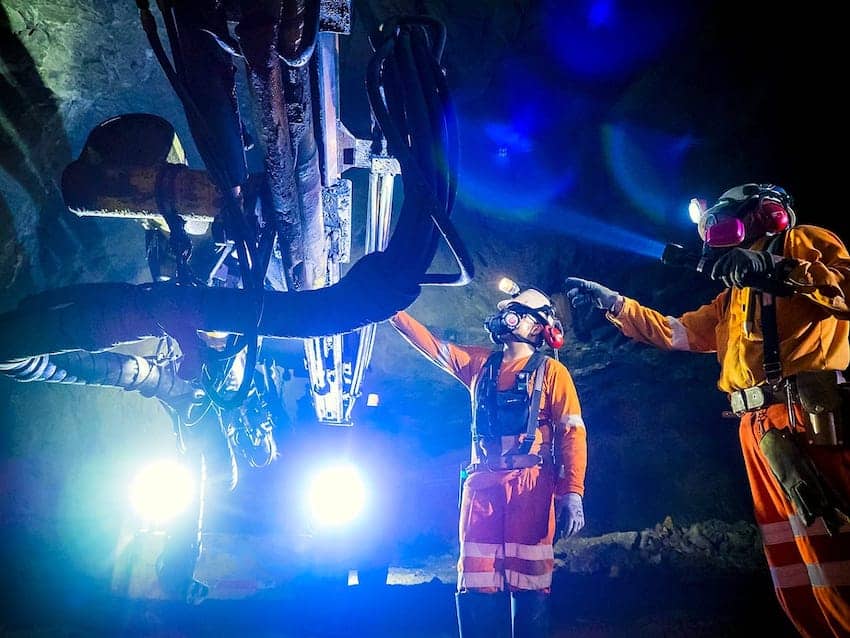
“Before ratifying the reform approved by the Chamber of Deputies, the Senate of the republic must organize an open parliament and provide the time necessary to carry out a rigorous analysis and comprehensive, inclusive and informed legislative debate, with the participation of all actors involved, in order to agree on appropriate changes that encourage the development of mining and Mexico,” the association said.
“… Dialogue between the [mining] industry and the public sector is essential to finding the happy medium.”
Mexico is the world’s leading producer of silver and a major producer of copper and gold.
Canadian companies are major investors in Mexico’s mining sector. If the Canadian government believes Canadian miners are being treated unfairly in Mexico, it could potentially challenge Mexico’s laws under USMCA, the North American free trade pact that superseded NAFTA in 2020.
The Mexican government is talking up the potential of the nascent lithium industry, but mining the sought-after metal in Mexico will be challenging as most potential reserves are in clay deposits.
Lithium was nationalized last year, and the government has created a state-owned lithium company called Litio para México, or LitioMx.
With reports from Aristegui Noticias, El Universal, Proceso and La Jornada
